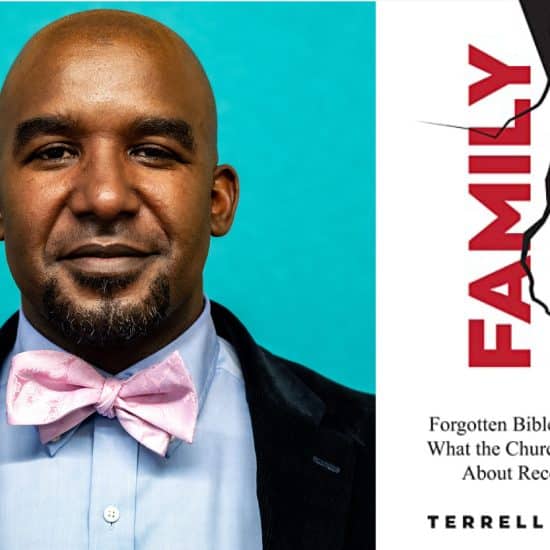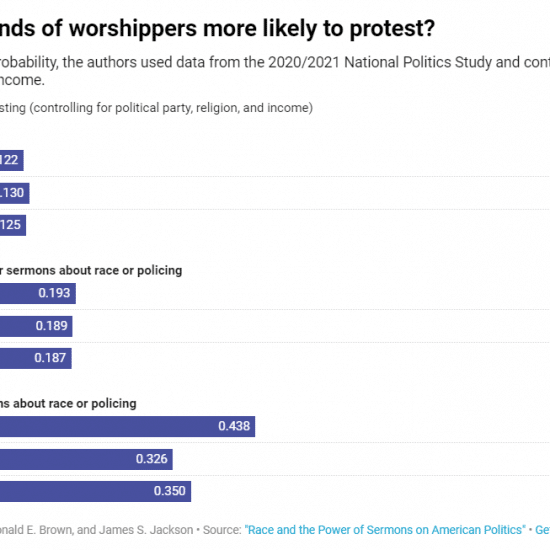Walk around your church. Stand at each entryway and look closely in every direction.

|
Think like a thief or a criminal. Are you surrounded by suburbs, or is your church now located within a business community? No matter your site, you should look for burglar bars, steel doors, burglar alarm signs and indications of intense police or private security activity. Do the same walk-about at night.
Individual victims may be significantly harmed in any crime. When the crime occurs at church, however, the danger is that the fellowship may be harmed, along with attendance. Folks don't ordinarily worship at sites they are afraid to visit.
There also is a strong liability issue. When a civil suit results from harm at your site, the usual claim is that the church "did not exercise ordinary care."
If your church is in an inner-city crime "hot zone," or any crime-intensive venue, there is also the issue of "forseeability," another legal term implying your church did not reasonably attempt to deter or prevent criminal activity. The terms "due diligence" and "due care" often are heralded in litigation. Failure to respond to assessed risks appropriately may well be considered negligence.
The Scriptures also address this issue. "A prudent man foresees evil and takes refuge, but the simple keep going and suffer for it" (Proverbs 22:3, NIV).
Many observers believe a determined adversary can overcome almost any security system, but this isn't true. If a determined adversary could defeat any security system, we would not be able to keep an American president in office, our national treasury would be pilfered continually, and our personal bank accounts wouldn't be safe.
In the late 1980s, skyjackings occurred at the rate of two or three each month. Today, these attacks are rarely heard of. Effective security was put in place. The security practices used to protect airlines, our financial institutions and our governing bodies can be used to protect houses of worship.
A purse left in an unoccupied Bible-study class is a soft target. That same purse sitting on the pew between a wife and her husband is much more secure and is a hardened target. Target hardening also involves locks, lights, security doors, fences, alarms and closed-circuit television units.
For a church, the primary form of target hardening is called access control. If guardians — church members, greeters or private security officers — can limit access first to your parking lots and then to your sanctuary, you will have established the first and second tiers or layers of security protocols.
While you can depend on the police to assist you with risk assessment and crime prevention advice, you should understand the police will investigate your crime after it has occurred and rarely are able to prevent church crimes. At a church shooting in Illinois, police responded in 90 seconds, but there already were seven dead worshippers and 11 more injured. In Securing Houses of Worship: A Community Service ManuaI, Philip Purpura wrote: "The police response is primarily reactive, and departments are under great pressure to solve crimes. As a result, the proactive efforts that would reduce risks at houses of worship are rarely in place."
Criminals do not normally commit offenses in front of police officers. The belief that it is the local police department's responsibility to protect the individual, the home or the community institution is naive. One church security specialist called this value "toxic" faith-based secular security.
Most Americans take crime avoidance precautions. We lock our homes and cars. We try not to leave valuables within easy reach of criminals, and we are vigilant. The church as an institution also must be vigilant.
Quarles lists basic crime-prevention advice for churches:
• Stop denying the threat. "Churches are not safe havens. Criminals hold almost nothing sacred."
• Seek God's guidance. "We need wisdom beyond ourselves and a recognition of the evil in our society."
• Form a security committee. Quarles suggests a group representative of the specific congregation's ministries and age groups, with both men and women included.
• Assess the risks. Talk to law enforcement officials to find out if other churches have been targeted.
• Use discretion. Security cameras, alarm systems and security personnel are provided by for-profit companies. "Always remember that private companies offer a service or a product. So, sometimes their assessments are biased in favor of a profit."
• Spend if necessary. If security does demand a financial investment, keep in mind the church's vulnerability if risks are not addressed. A security system may be much less expensive than a lawsuit.
• Empower greeters as guardians. A church member stationed at each entrance who welcomes every person who enters the church facility is an effective crime deterrent.
Chester L. Quarles, co-author of Crime Prevention for Houses of Worship, is professor emeritus of criminal justice at the University of Mississippi. He has more than 40 years experience in law enforcement and security administration.






